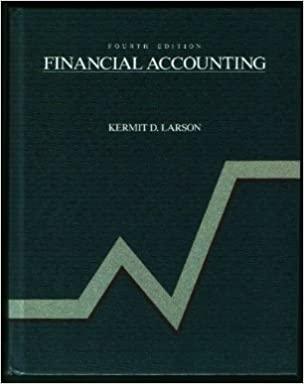Tameka Incorporated has used a calendar year as its taxable year since its incorporation in 1990. Tameka has an excellent business reason for changing to
Tameka Incorporated has used a calendar year as its taxable year since its incorporation in 1990. Tameka has an excellent business reason for changing to a fiscal year ending May 31. Which of the following statements is true?
If Tameka changes to a fiscal year ending May 31, it must file a short-period return for the seven-month period from June 1 to December 31 of the year of change.
If Tameka changes to a fiscal year ending May 31, it must file a short-period return for the five-month period from January 1 to May 31 of the year of change.
Because it has a good business reason, Tameka can change to a fiscal year ending May 31 without IRS permission and if Tameka changes to a fiscal year ending May 31, it must file a short-period return for the seven-month period from June 1 to December 31 of the year of change.
Because it has a good business reason, Tameka can change to a fiscal year ending May 31 without IRS permission.
Step by Step Solution
There are 3 Steps involved in it
Step: 1

See step-by-step solutions with expert insights and AI powered tools for academic success
Step: 2

Step: 3

Ace Your Homework with AI
Get the answers you need in no time with our AI-driven, step-by-step assistance
Get Started


